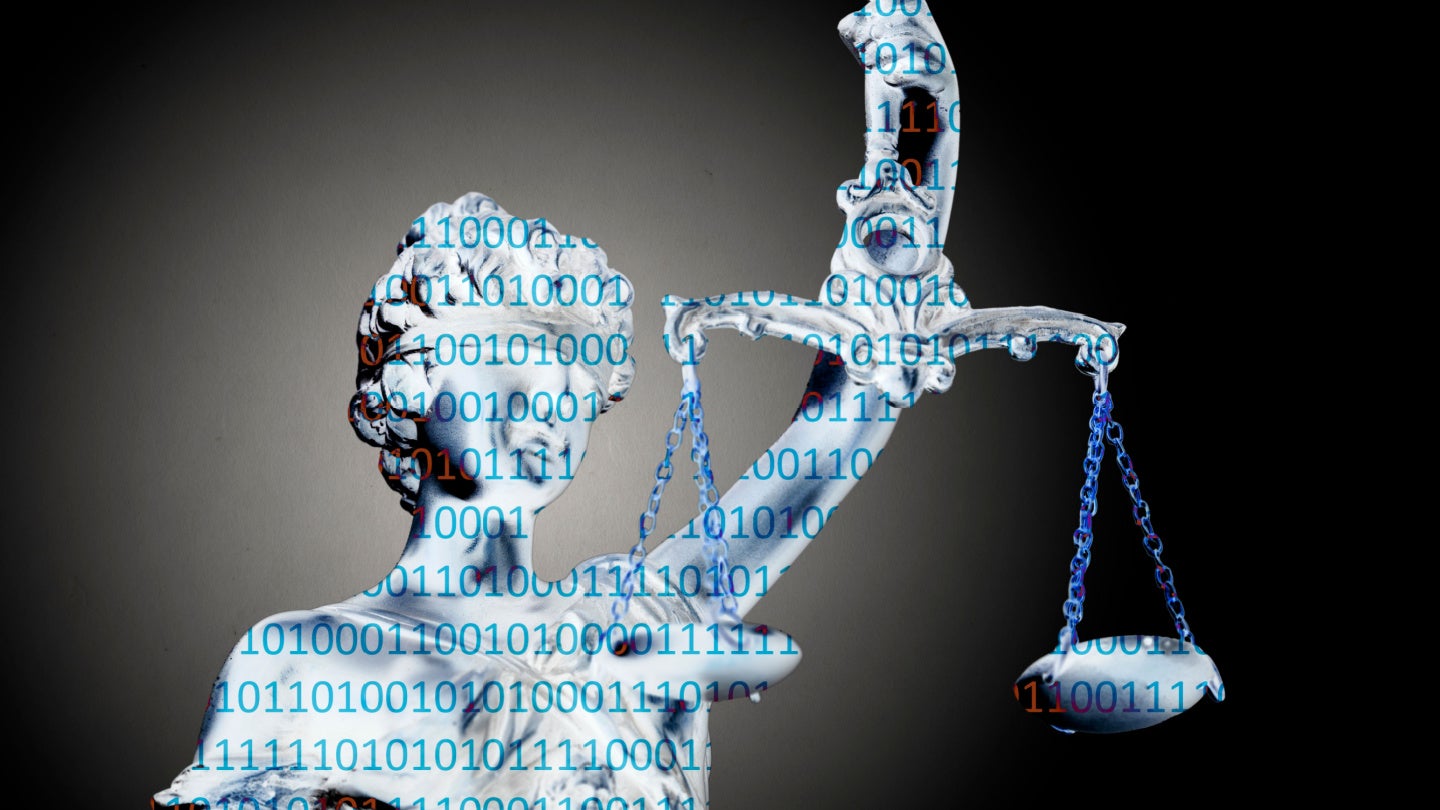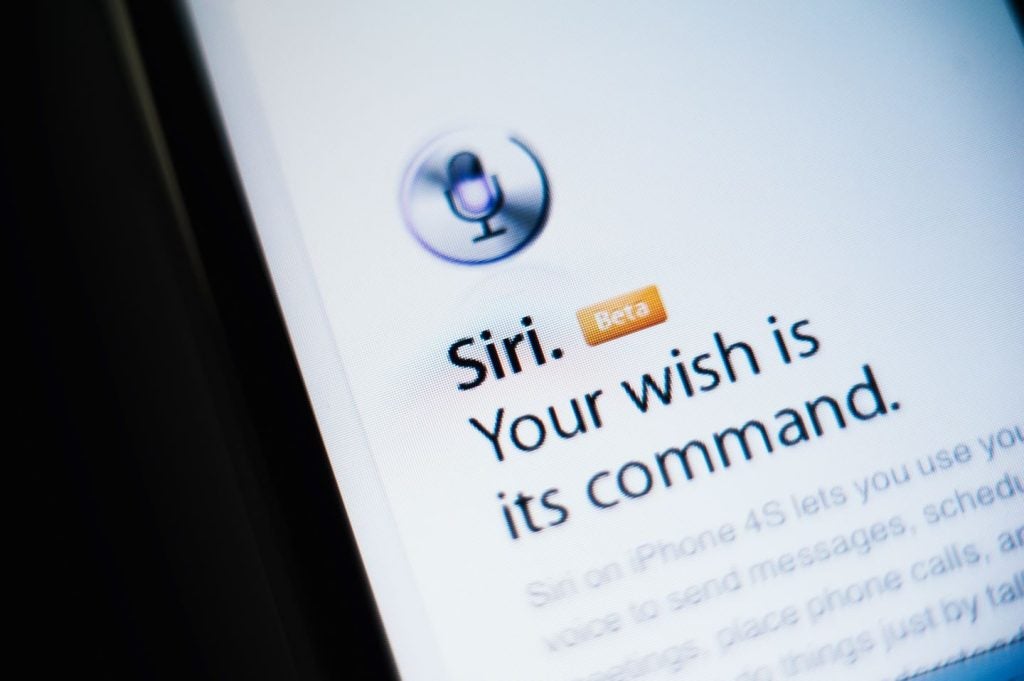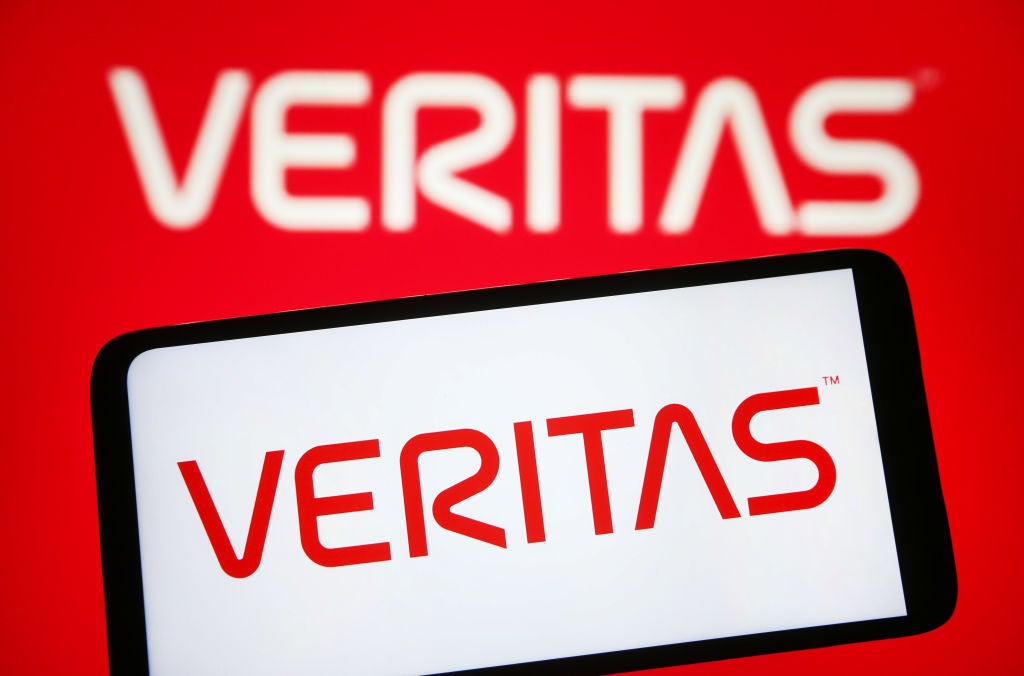
The Netherlands is the latest country to join the race to regulate AI alongside UNESCO’s Social and Human Sciences Sector.
The partnership between UNESCO and the Dutch Authority for Digital Infrastructure will analyse design processes for AI that meet with EU regulation.
To meet this demand, UNESCO is working on creating a report on AI for Dutch authorities that will outline a set of best practices and organise institutional training sessions to understand AI.
UNESCO’s partnership with the Netherlands is part of a larger project across the EU to help countries meet the benchmarks set in the EU AI Act.
The act, passed 16 June 2023, aims to mitigate the risks of AI by sorting use cases into risk categories which then have their own rules around data privacy and risk assessments before being available on public markets.
UNESCO is already assisting over 50 European countries in achieving standards set by this act.
How well do you really know your competitors?
Access the most comprehensive Company Profiles on the market, powered by GlobalData. Save hours of research. Gain competitive edge.

Thank you!
Your download email will arrive shortly
Not ready to buy yet? Download a free sample
We are confident about the unique quality of our Company Profiles. However, we want you to make the most beneficial decision for your business, so we offer a free sample that you can download by submitting the below form
By GlobalDataGabriela Ramos, Assistant-Director General for Social and Human Sciences of UNESCO, stated that discussion around AI regulation is not a “technological” debate, but rather a “societal” talk.
“To shape the technological development of AI, we need effective governance frameworks underpinned by the ethical and moral values we all hold dear,” Ramos stated.
Dr. Peter van der Putten, Director of AI Lab at Pegasystems and an Assistant Professor in AI at Leiden University, was optimistic about this collaboration.
Speaking to Verdict, he stated that now the EU’s AI Act is in its final stages of negotiation before being put into effect, member states of the EU need to already be prepared for its execution.
“Crafting great AI ethics policy is imperative, but to create a level playing field you need to have AI regulation,” explained van der Putten, “without authorities to enforce it, laws become meaningless.”
Whilst van der Putten acknowledges there has been some apprehension within Big Tech that AI regulations may hinder innovation, he stated that Pegasystems holds the opposite opinion.
“Without AI law, innovation in trustworthy AI will suffer, as improper use of AI is not penalised,” he explained.
Despite the EU’s AI Act being the first regulatory framework published on AI, Western Europe does appear to lag behind its neighbour markets in AI.
According to GlobalData analytics, Western Europe holds only 19% share of the total global market of AI, whilst the US and Asia Pacific both hold around 30%.






